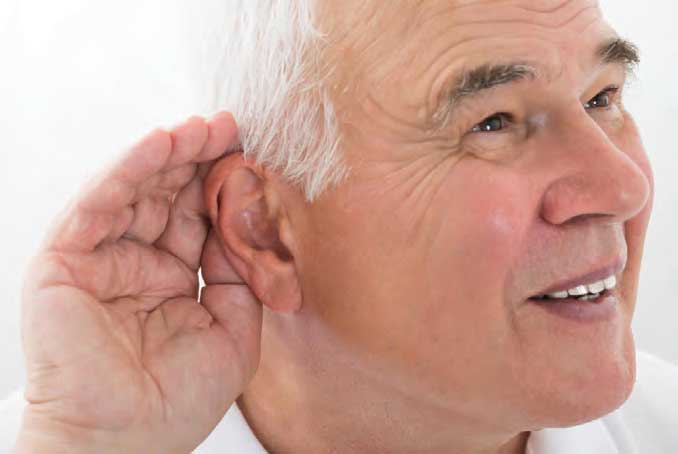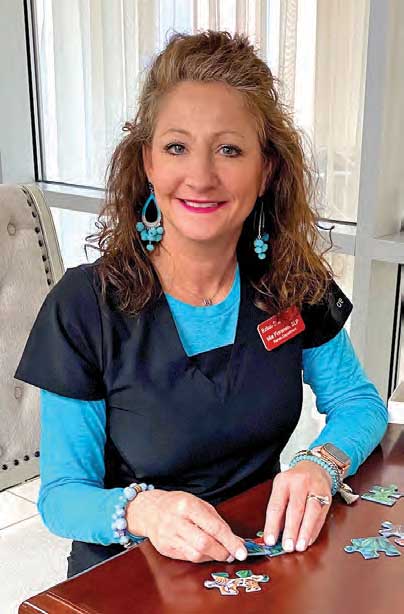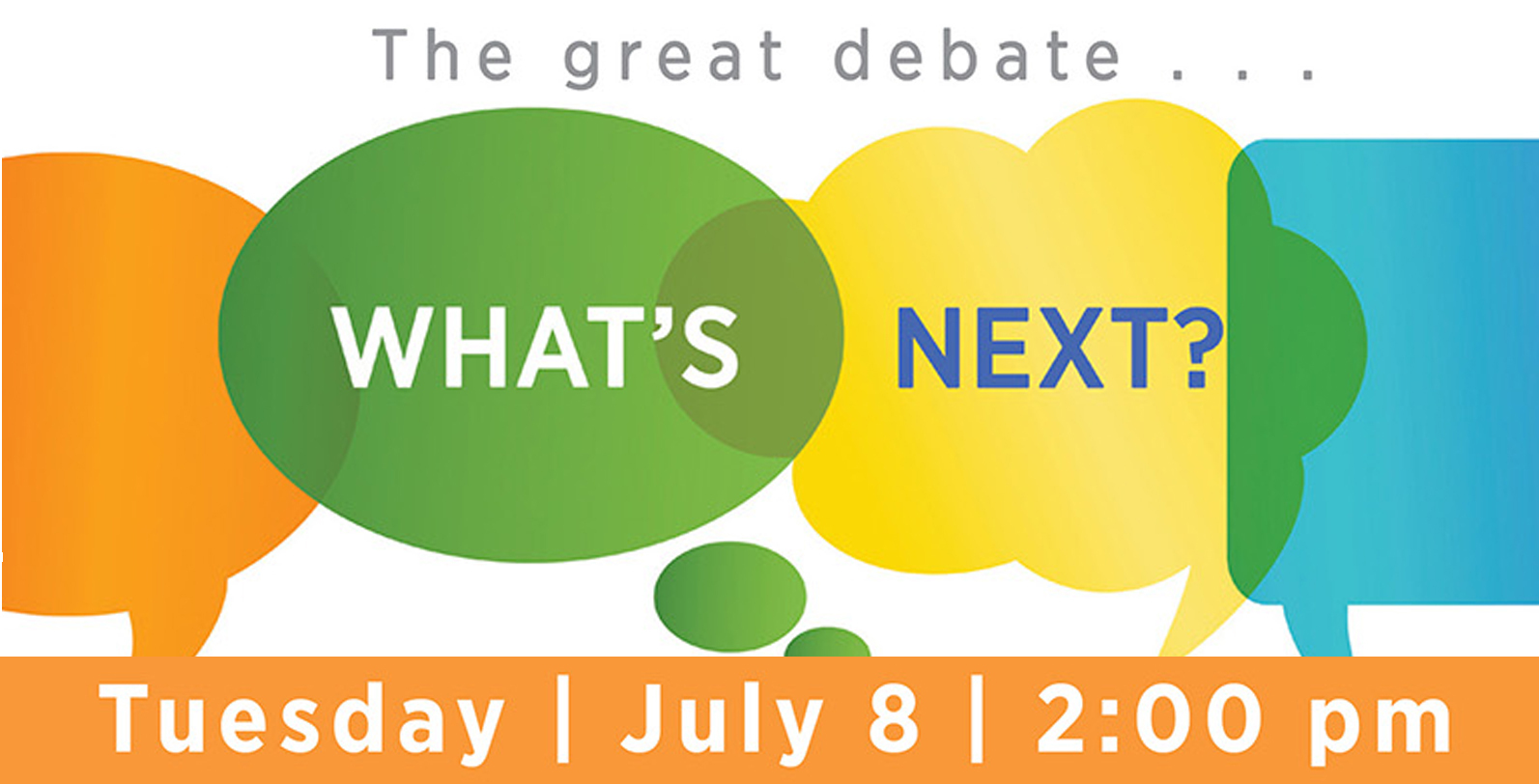
As you may or may not know, May is Better Hearing and Speech Month! This provides us all with an opportunity to increase awareness about communication disorders and their respective treatments. Our speech, language, and hearing are what allow us to communicate with one another, learn more about the world we live in, and feel connected. When we struggle with our speech and language skills or our hearing, it makes everything else a little bit harder. That’s why this month is a great opportunity to talk about speech-language therapy and how it can benefit you, should you or anyone you know ever need it.
Speech-language therapists are degreed and licensed professionals who can evaluate and treat patients for hearing, language, communication, and swallowing concerns. Their focus is on improving speech-language expression, comprehension, and oral motor skills for more accurate speech production. Another facet of speech-language therapy includes cognition.
Cognition is something we can all work to improve daily. Studies show that brain games and activities can sharpen thinking skills. While some cognitive decline over time is normal, those who have cognitive stimulation tend to have better memory and attention. Just think of the adage: “use it or lose it!” These skills required to play brain games and cognitive activities include processing speed, planning skills, reaction time, decision making, and short-term memory. The brain is “plastic” and can continue to grow, develop, and make connections well into our lives, if we continue to challenge it!
Whether you participate in a group program, partner up with a friend, or work independently, it’s important to continuously give your mind different types of challenges and stimulation. Some ideas might include participating in the Bridge Group, Mahjong, or Game Play – it’s great to try things you haven’t done before, as that continues to engage the brain in different ways. Much like our muscles adapt to exercise, our brains adapt to cognitive tasks.
Brittany Austin, National Director of Health and Wellness, Functional Pathways
Speech therapy can help with everything from the way we speak and swallow to the way we remember. Mia Fioranelli-Greer is a Speech-Language Pathologist for Functional Pathways and Kirby Pines. She was asked why she chose this field for her career. “When the ‘Dean of Undecided’ at Delta State University told me it was time to declare a major, I slightly panicked. How are you supposed to know what you want to be ‘when you grow up’ at 19 years old? I got busy and took some classes in a variety of fields, one of which was Speech-Language Pathology (SLP). After taking my first class in that field, I knew I had found my calling. Speech-Language Pathology has so many options for ages to treat, disorders to treat and most of all, helping people. As an SLP, you are required to get a master’s degree to be able to use your degree, so after graduating from Delta State University (Cleveland, MS) with a bachelor’s degree, I attended Valdosta State University (Valdosta, GA) and received my master’s degree.

Speech Language Pathologist
After 20 years of working in a variety of settings and with a variety of ages, I started to get a little complacent. I was hungry to learn more and do more as an SLP. I was introduced to Orofacial Myofunctional Therapy (OMT). This type of therapy deals more specifically with swallowing, sucking, chewing, eating, breathing, lisps, tongue thrusts and tongue ties. I dove into the course, which took a year, and got my license and credentialing in Orofacial Myofunctional Disorders (OMD). The knowledge I have gained during this path of life has really helped me become more passionate about my career and look at new and exciting ways to assess and treat my patients. I am blessed to have the opportunity to work with some great clinicians and wonderful patients and Functional Pathways has allowed me to do so.”
Mia Fioranelli-Greer, M.Ed., CCC-SLP
For more information on speech therapy and how it can benefit you, please contact the Functional Pathways Therapy Team.





 © 2025 Kirby Pines LifeCare Community. All Rights Reserved |
© 2025 Kirby Pines LifeCare Community. All Rights Reserved | 